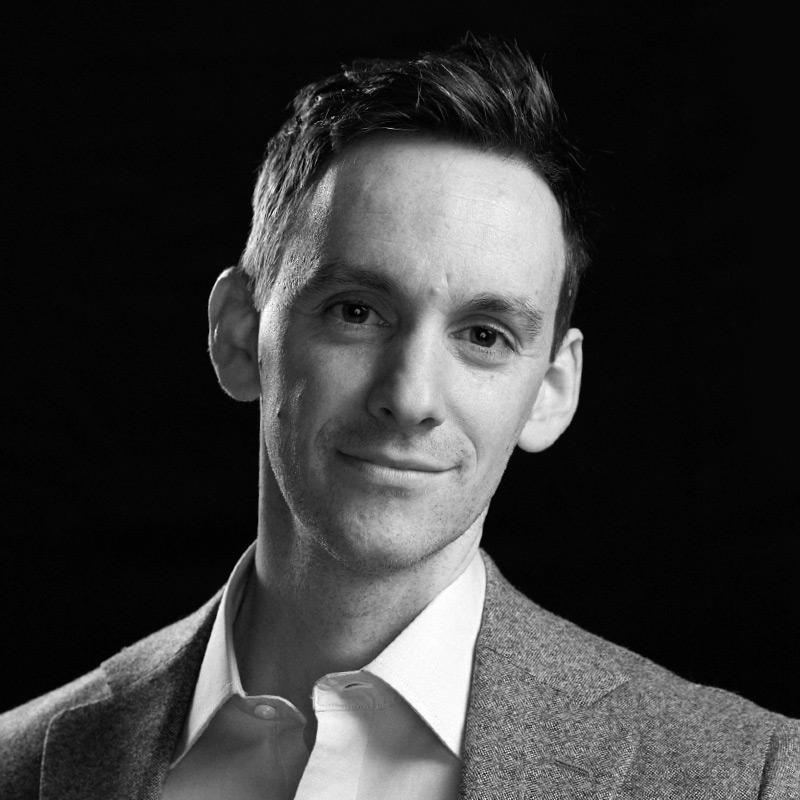Several years ago, the writer, researcher, and policy advocate Heather McGhee traveled around the country to report on how racism in America holds us back from policies that would benefit everybody. In her book The Sum of Us, she explained how racist fears have made us all worse off. For decades, many voters and politicians have fought against policies that would have gotten them better jobs, better benefits, and more upward mobility—because they were afraid that those policies might also help nonwhite people, and especially Black people.
She made another point that struck me. Progressives sometimes talk about racism in a way that is pretty helpful for their causes. “Progressives often end up talking about race relations through a prism of competition—every advantage for whites, mirrored by a disadvantage for people of color,” she wrote. “The task ahead, then, is to unwind this idea of a fixed quantity of prosperity and replace it with what I’ve come to call Solidarity Dividends: gains available to everyone when they unite across racial lines, in the form of higher wages, cleaner air, and better-funded schools.”
Today’s guest is Heather McGhee. In this episode she talks about her new podcast, The Sum of Us; the indelible metaphor of a drained pool in Alabama; how progressives talk about race; and why many laws today that might not seem explicitly racist still sustain racial inequality.
If you have questions, observations, or ideas for future episodes, email us at PlainEnglish@Spotify.com. You can find us on TikTok at www.tiktok.com/@plainenglish_
Heather McGhee shares the story of a former swimming pool in Montgomery, Alabama, that was built as part of a nationwide investment in public goods, but was later drained and paved over rather than integrated.
Derek Thompson: I want to start with the metaphor at the center of your book, which is the story of the drained pool. Tell me that story and what you think it should teach us.
Heather McGhee: So I ended up in Montgomery, Alabama, on this journey that I took across the country to write the book The Sum of Us. And I find myself walking the grounds of this big, beautiful park, like a Central Park but of a smaller city. And there’s just this huge flat expanse of grass in the middle of this park. And there are about a handful of people at this otherwise beautiful park that you would think might have a few more visitors. And it turns out that 10 feet underneath the ground that I’m walking on is the carcass of what used to be a thousand-plus-person public Works Progress Administration, New Deal–era swimming pool. And there used to be about 2,000 of those pools in the country. They were built in a building boom in the 1930s and ’40s of public goods, right? Roads, bridges, schools, libraries, parks, and pools.
And they were a reflection of a deeper ethos in the country; this idea that was born out of the crucible of the Great Depression, and maybe the lessons of the first Gilded Age with inequality that we’ve now surpassed, which said government has a right and a responsibility to ensure a decent standard of living for its people. So we’re going to invest in these public goods. And for me, my work is in economic policy. So I cared a little less at first about the swimming pools than the other public goods that came out of this era, like Social Security for the elderly, a massive investment in housing that workers could afford, the idea of mass home ownership that would be created by this government-backed, and -regulated, and -insured financial instrument, the GI bill, which put a generation through college for free, and no-bound-employment home ownership, right?
All these things that helped to build the great American middle class. And the thing is, virtually everything I just described was in one way or another whites only—segregated, exclusionary, racially, whether we’re talking about explicitly in the housing market, which I’m sure your listeners know was based on a never-substantiated assumption that Black people would be too big of a credit risk to allow them to be part of the financial market. So Black neighborhoods were explicitly and deliberately redlined and excluded from financial investment through commercial and residential mortgages and loans. The Social Security Act excluded Black workers by carving out the two job categories that most Black workers were in, the domestic work and agricultural work and a compromise with the Southern delegation to Congress. The GI bill was raised neutral on its face, right? But the benefits were in housing and education, two very segregated sectors.
And so, basically, you had this sort of whites-only public goods social contract that worked for those who got access and shut out everybody else. And so, too, were these swimming pools, not just in Montgomery, Alabama, but all over the country, either explicitly like in Montgomery or just by custom and enforced through intimidation and violence in the Midwest and in the West and the North. And when the civil rights movement empowered Black families to be able to say, “Hey, that’s actually been our tax dollars funding those public goods all along as well. And in the case of the swimming pools, we want our kids to swim too.” Towns and cities across the country did what Montgomery, Alabama, did. They drained their public pools rather than integrate them. They literally drained out the water and backed up truckloads of dirt and gravel and buried them, destroyed them out of a sense that it was better to destroy a public good than open it up to all of the public, including people in the public whom they believed not to be good.
This excerpt was lightly edited for clarity.
Host: Derek Thompson
Guest: Heather McGhee
Producer: Devon Manze
Subscribe: Spotify
